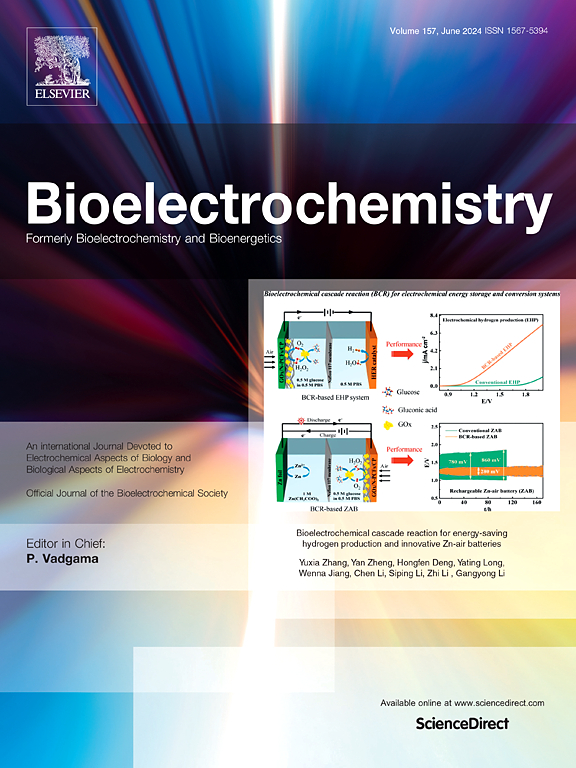父母言语虐待对语言脑侧化的性别依赖性影响
IF 3.6
2区 医学
Q1 NEUROSCIENCES
引用次数: 0
摘要
儿童虐待严重影响心理健康和认知能力,其影响因虐待类型而异。父母言语虐待(PVA)是一种普遍存在但却经常被忽视的儿童虐待形式,与对语言至关重要的大脑结构的显著变化有关。这项研究调查了PVA对行为、大脑结构和语言相关功能的影响,并研究了这些影响在女性和男性之间的差异。方法:我们招募了142名在童年时期经历过不同程度PVA的成年人。参与者完成了问卷调查,以评估他们对PVA、非语言虐待和忽视的暴露程度,并进行了认知测试,以评估他们的语言相关技能。采用弥散张量成像和功能磁共振成像技术,探讨PVA对句子理解任务中弓形束结构特征和脑激活模式的影响。结果分层回归显示PVA对房颤侧化的影响具有性别依赖性。在女性中,PVA暴露与房颤前段左偏侧化减少和句子理解过程中额侧化减少有关。相反,在男性中,PVA与同一节段向左偏侧化增加有关,但这种结构变化对功能偏侧化或语言表现没有显著影响。结论本研究强调了房颤前段和额叶活化对PVA的易感性,并在女性和男性之间显示出不同的模式。这些发现强调了未来研究解决这些性别差异的必要性,并制定有针对性的干预措施,以应对女性和男性可能面临的不同挑战。本文章由计算机程序翻译,如有差异,请以英文原文为准。
Sex-dependent impact of parental verbal abuse on brain lateralization of language
Background
Child maltreatment profoundly impacts mental health and cognitive abilities, with effects varying according to the type of maltreatment. Parental verbal abuse (PVA) is a pervasive yet often overlooked form of child maltreatment linked to significant changes in brain structures crucial for language. This study investigated the impact of PVA on behavior, brain structure, and function related to language, examining how these effects may differ between females and males.
Methods
We recruited 142 adults who experienced varying levels of PVA during childhood. Participants completed questionnaires to assess their exposure to PVA, nonverbal abuse and neglect, and underwent cognitive tests to evaluate their language-related skills. We employed diffusion tensor imaging and functional magnetic resonance imaging to explore how PVA affect structural characteristics of the arcuate fasciculus (AF) and brain activation patterns during a sentence comprehension task.
Results
Hierarchical regressions revealed sex-dependent effects of PVA on the AF lateralization. In females, PVA exposure was associated with decreased leftward lateralization of the AF’s anterior segment and reduced frontal lateralization during sentence comprehension. Conversely, in males, PVA was related to increased leftward lateralization of the same segment, but this structural change did not correspond with significant effects on functional lateralization or language performance.
Conclusions
This study highlights the susceptibility of AF’s anterior segment and frontal activation to PVA, revealing distinct patterns between females and males. The findings underscore the necessity for future research to address these sex differences and develop targeted interventions to meet the distinct challenges that females and males may face.
求助全文
通过发布文献求助,成功后即可免费获取论文全文。
去求助
来源期刊

Neurobiology of Stress
Biochemistry, Genetics and Molecular Biology-Biochemistry
CiteScore
9.40
自引率
4.00%
发文量
74
审稿时长
48 days
期刊介绍:
Neurobiology of Stress is a multidisciplinary journal for the publication of original research and review articles on basic, translational and clinical research into stress and related disorders. It will focus on the impact of stress on the brain from cellular to behavioral functions and stress-related neuropsychiatric disorders (such as depression, trauma and anxiety). The translation of basic research findings into real-world applications will be a key aim of the journal.
Basic, translational and clinical research on the following topics as they relate to stress will be covered:
Molecular substrates and cell signaling,
Genetics and epigenetics,
Stress circuitry,
Structural and physiological plasticity,
Developmental Aspects,
Laboratory models of stress,
Neuroinflammation and pathology,
Memory and Cognition,
Motivational Processes,
Fear and Anxiety,
Stress-related neuropsychiatric disorders (including depression, PTSD, substance abuse),
Neuropsychopharmacology.
 求助内容:
求助内容: 应助结果提醒方式:
应助结果提醒方式:


